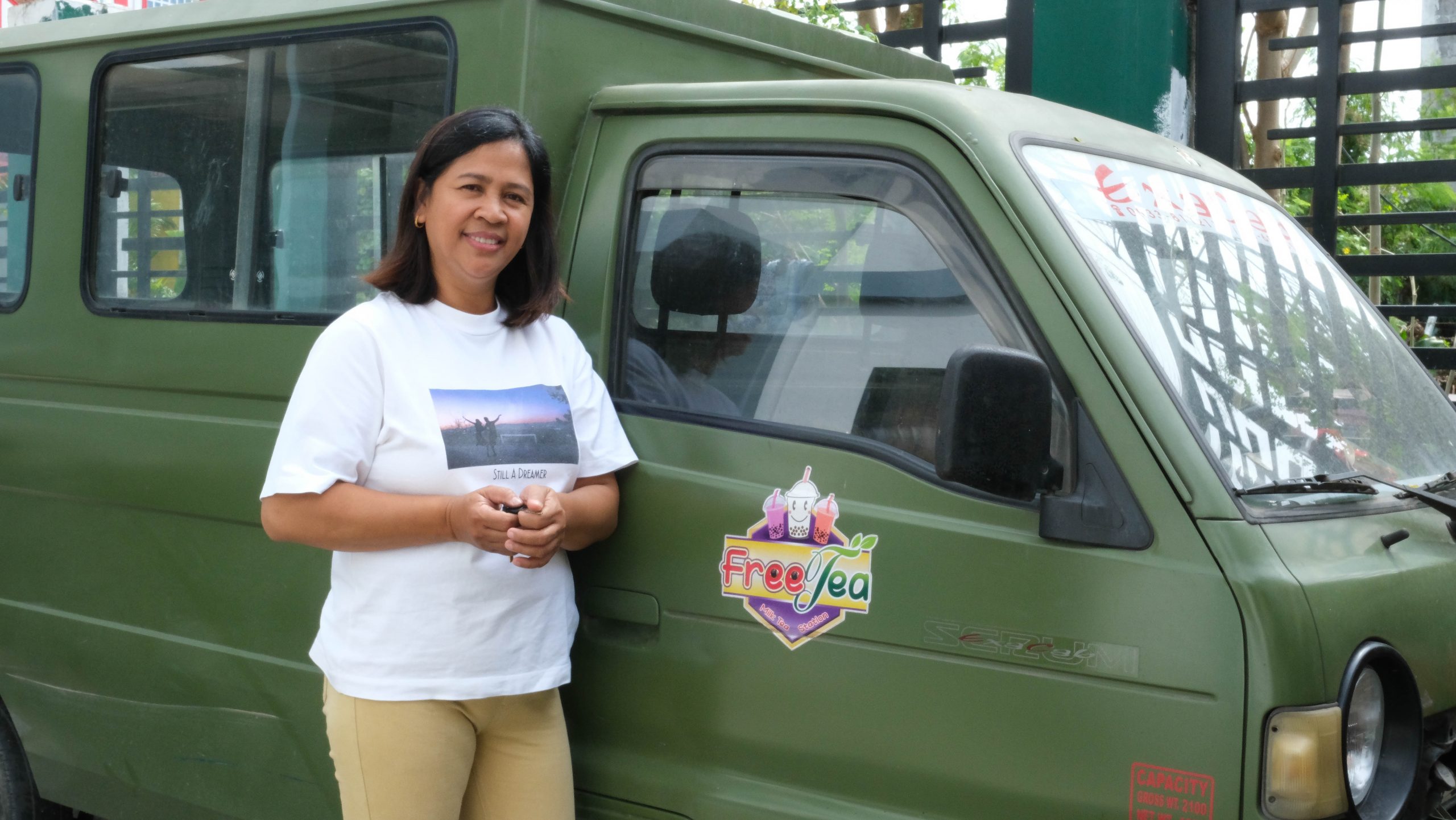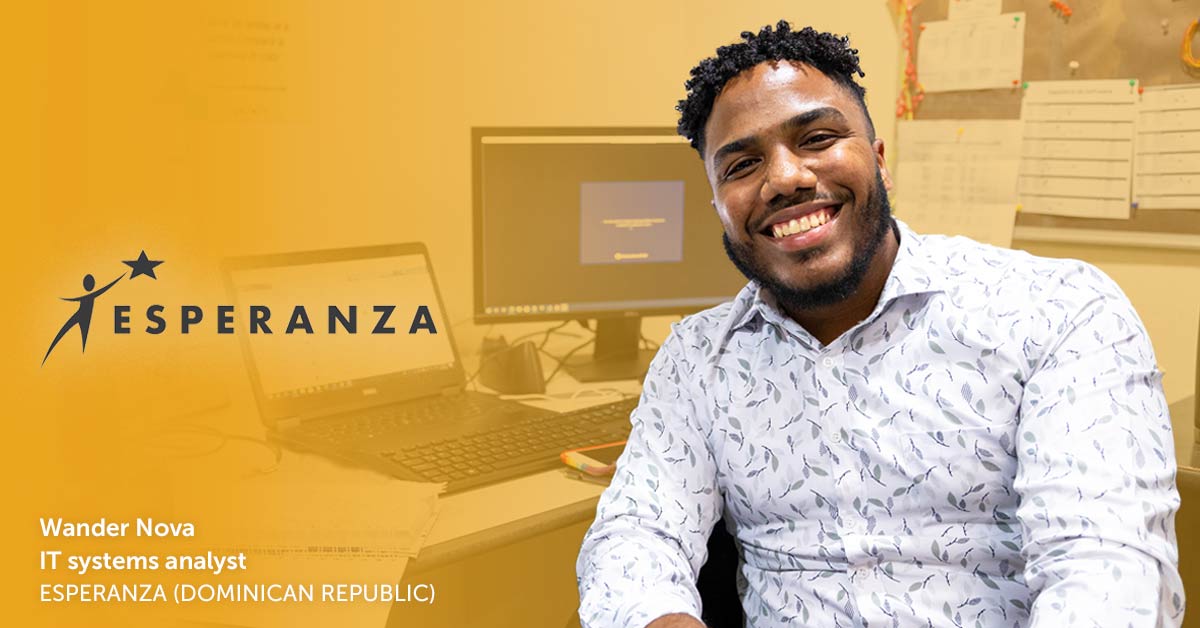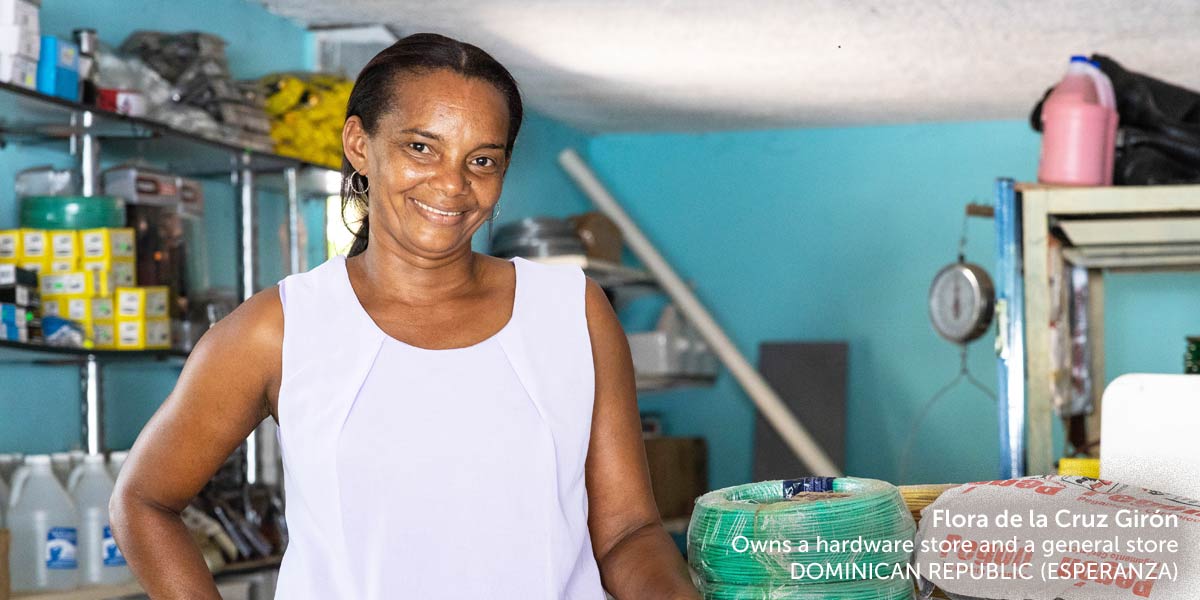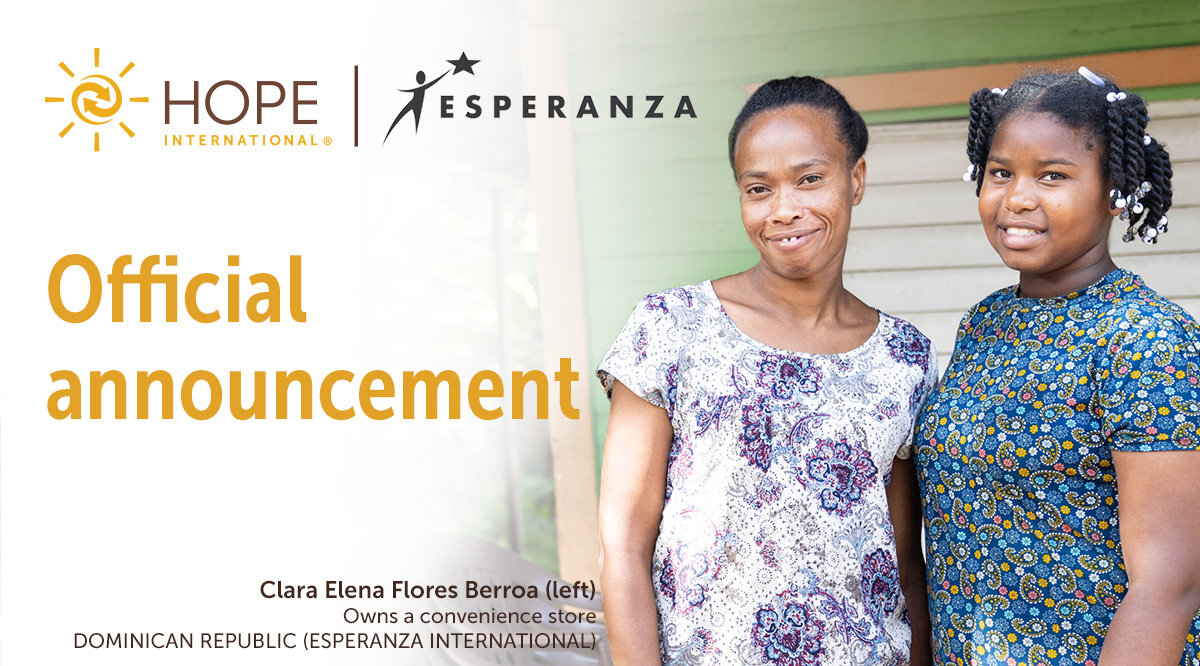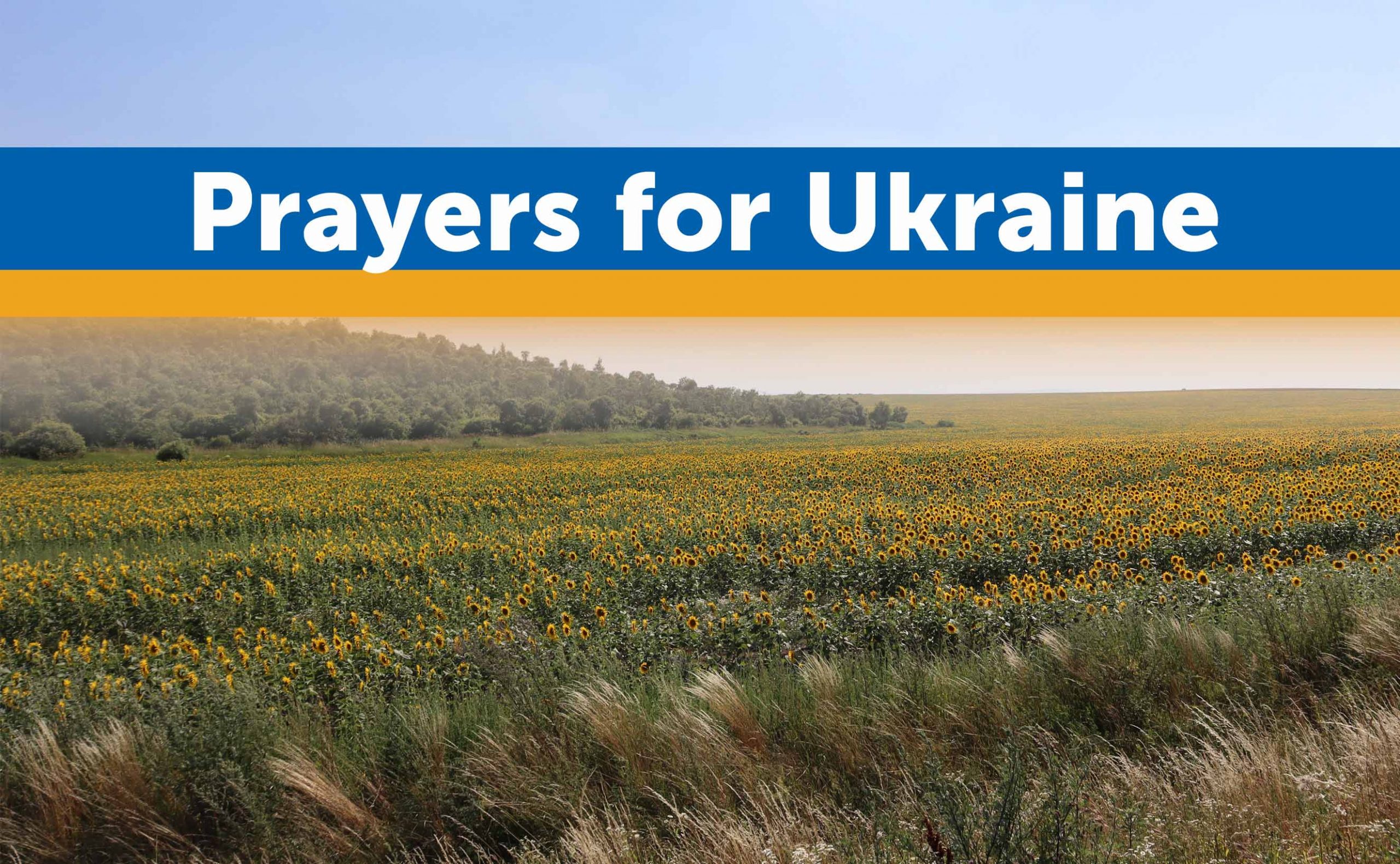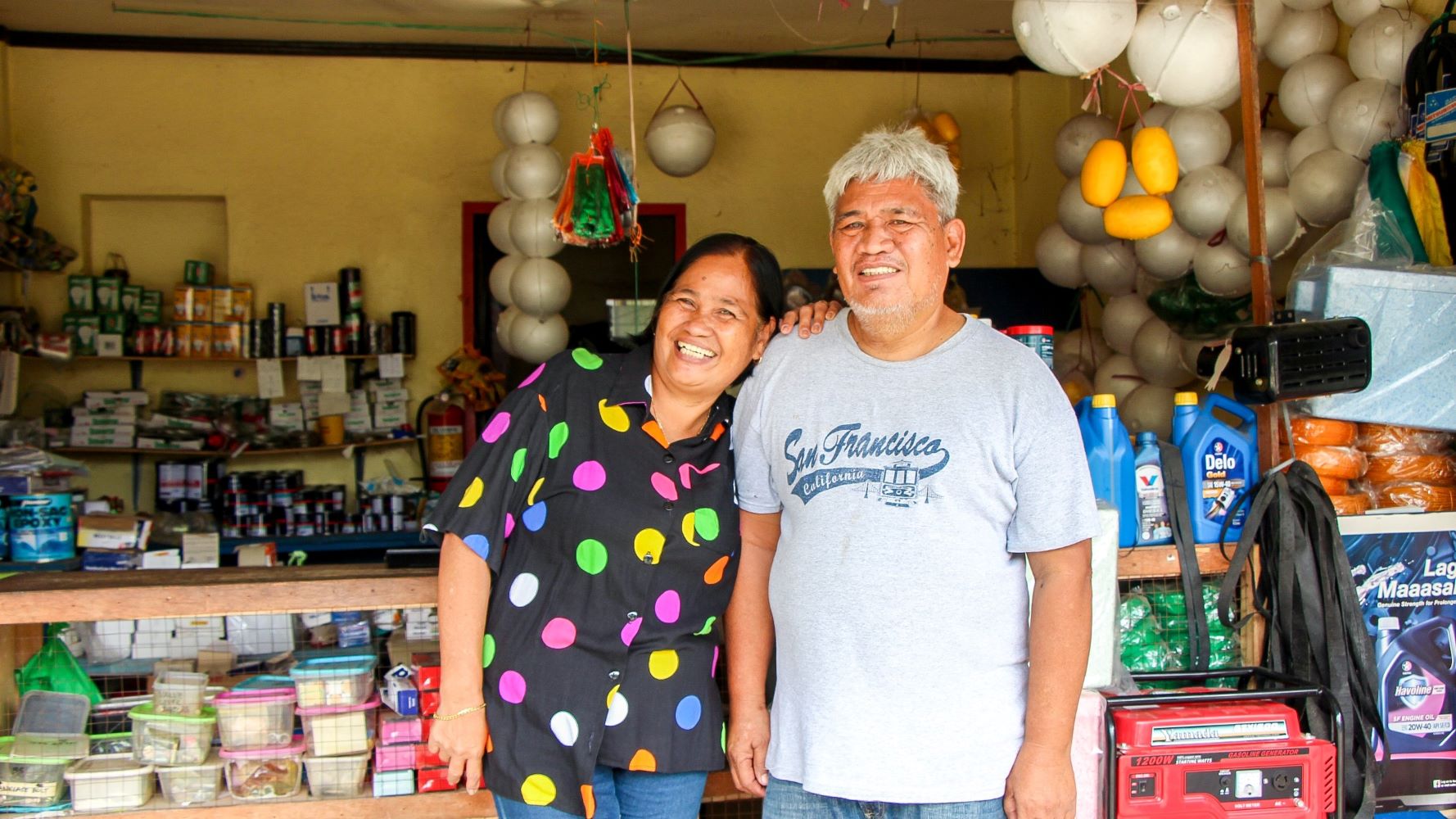Same mission. Same heart. Same spirit. Same name in two languages. We’ve worked together in mutual partnership for over 17 years, and we are excited that this union is about a Kingdom agenda.
Alex Nuñez, President and CEO, Esperanza International
HOPE International welcomed Esperanza International as its first network partner in 2005. Esperanza has served entrepreneurs in the Dominican Republic (D.R.) since 1995, coming alongside them with financial services, training, and holistic outreach activities such as health services. And we’re excited to now work even more closely with Esperanza through our new leadership agreement!
Over the past 17 years, HOPE and Esperanza have mutually benefited from shared best practices and technical expertise. With the same mission and heart, Esperanza has strengthened the HOPE network, and we look forward to the ways that they will help shape the way we grow and serve in these key areas.
Continue Reading…






